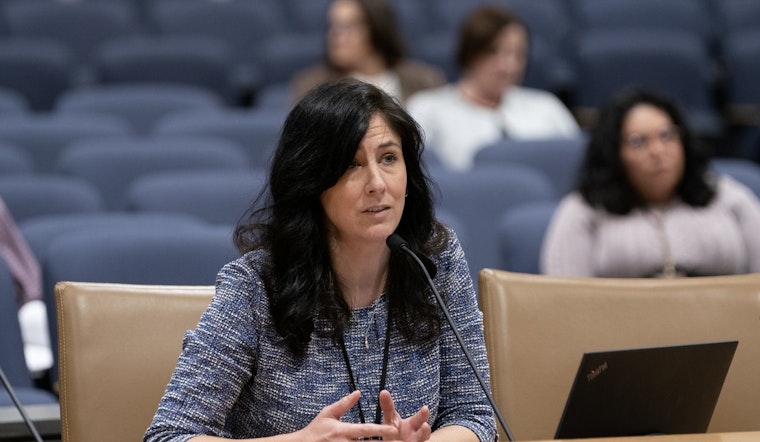
In an effort to combat the health risks associated with lead exposure at work, Senator Heather Gustafson has put forward a new legislative proposal. According to a report from the Senate DFL, the bill, dubbed Senate File 4600, would push for stricter lead-level regulations for Minnesota workers. Gustafson's move comes in the wake of continuous health concerns tied to Water Gremlin, a company notorious for pollution and non-compliance issues that have reportedly led to serious health problems for both its workers and residents in the surrounding area.
Last Thursday, the Senate Labor Committee listened to the details of the bill, which seeks to lower the acceptable blood lead levels that warrant an employee’s removal from exposure, therefore, attempting to ensure better protection against the long-term ramifications of lead poisoning. Gustafson, representing Vadnais Heights, declared, “There is no safe blood lead concentration.” She stresses the local impact, noting, “People are getting really sick and it is not too much to ask to decrease the acceptable blood lead levels for our workers.”
Gustafson's concerns are echoed by those affected, including whistleblower Steven Wurtz, a former Water Gremlin employee. Wurtz exposed the company's failure to adhere to lead migration protocols, lamenting the inaction of officials during previous investigations. He said in a statement acquired by the Senate DFL, “The only way things can change is with a new law from the legislature.”
Senate File 4600 is poised to stir a significant shift in workplace safety regulations, reflecting a broader societal imperative to re-evaluate how environmental hazards intersect with labor rights. The bill now proceeds to the State and Local Government and Veterans Committee for further deliberation, with Gustafson and advocates firmly believing that the enactment of this law is not just a regulatory adjustment but a moral necessity for the well-being of Minnesota's workforce.









